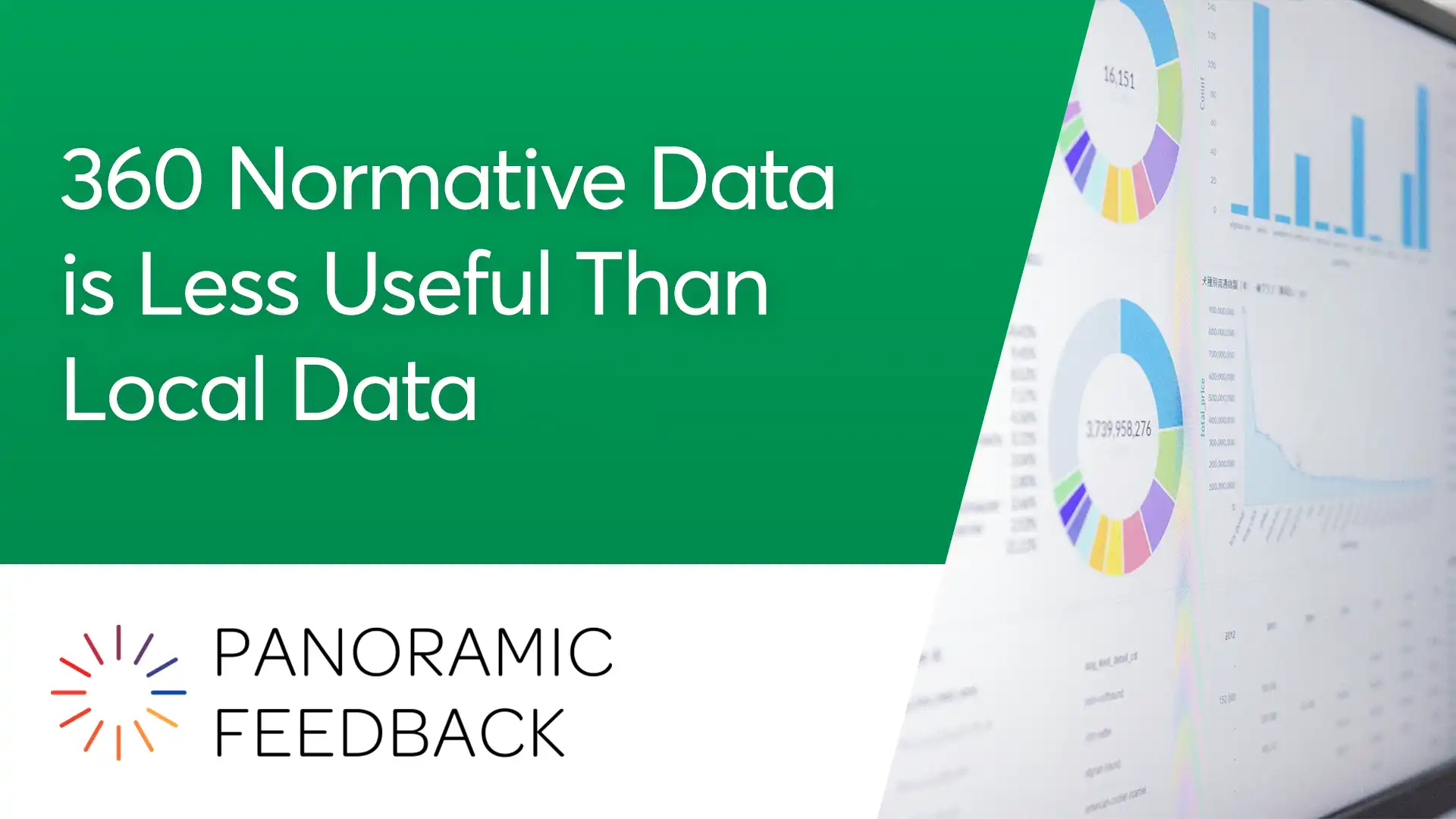Wouldn’t you love to have access to data that tells you whether your people are working at a level of skill that’s appropriate for your industry or sector?
You could compare it with your 360-degree feedback results and feel satisfaction and pride. Or initiate some urgently needed retraining.
Granny’s wisdom
Our quest for normative data presupposes that “normal” responses to numerical questions actually exist, allowing us to measure accomplishments against a clear set of expectations.
HR executives should score at least 7 out of 10 on familiarity with employment law, or administrators should score an 8 on computer literacy.
But, the problem, as my dear grandmother always warned me, is that “comparisons are odious.”
And this turns out to be the hopeless quest for an odious illusion.
What’s normal anyway?
Common sense tells us that the appropriate level of skills for a California fruit farm will be different from a Chicago law firm.
But even if you compare results for two neighboring farms or two nearby law firms, you’ll likely find their corporate culture and expectations are poles apart. For instance, one rewards highly effective, detail-oriented micro-managers, while the other devolves power, responsibility, and rewards to all employees.
And let’s face it, even the events of the day can influence what’s “normal”. You’ll get different results if assessments are performed before or after a layoff, or a round of bonuses.
And it’s no solution to average the farm with the firm. The figures will be an utterly meaningless compromise.
Think small, think local
Instead, let’s drop the delusion of “industry norms”, and find a source for meaningful normative data.
There it is, right on your doorstep. Simply generate an aggregate report from your local 360-degree feedback project.
It will tell you the normative levels for your particular organization, at this particular time and place.
You may wish to improve these norms over time, but this is data that’s realistic, usable, and normative as of today. It will challenge your people and guide your strategy.


